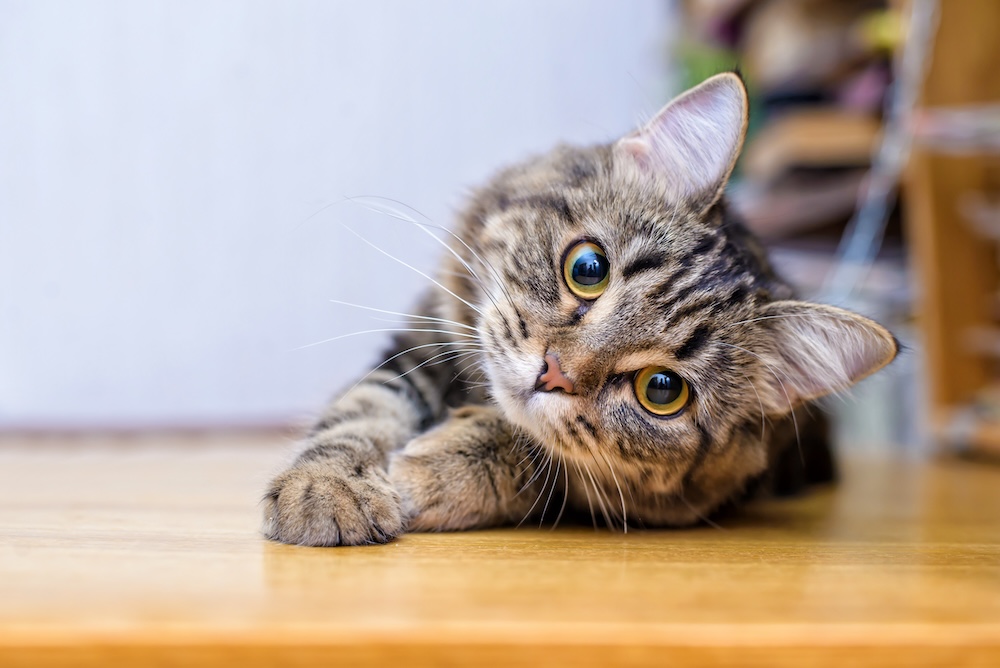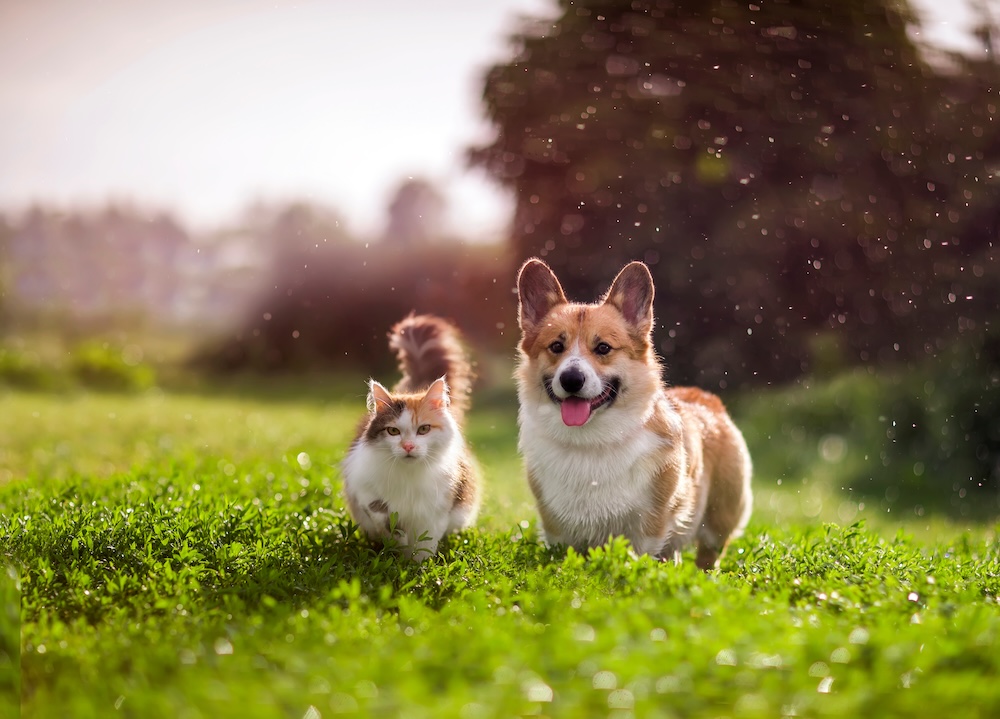Hairballs are a common issue for many cats, often seen as an unavoidable part of feline grooming habits. While occasional hairballs are normal, frequent or excessive hairballs can indicate an underlying problem. Proper hairball prevention for cats is essential to reduce discomfort, prevent digestive issues, and keep your cat healthy. By focusing on diet, grooming, and recognizing when veterinary care is needed, you can help your cat manage hairballs more effectively.
Why Do Cats Get Hairballs?
Hairballs form when a cat grooms itself and swallows loose fur. Normally, most of this fur passes through the digestive system without issue. However, some fur can accumulate in the stomach and form a hairball, which the cat eventually regurgitates. Long-haired breeds, such as Persians and Maine Coons, are more prone to hairballs due to their dense coats. Excessive grooming, often caused by stress or skin irritation, can also lead to frequent hairball formation.
While hairballs are usually harmless, frequent vomiting, lack of appetite, constipation, or signs of discomfort may suggest an obstruction. In these cases, proper hairball prevention for cats becomes even more important, and a visit to the veterinarian is necessary.
Hairball Prevention for Cats: Grooming Tips
Regular grooming is one of the most effective ways to prevent hairballs. Brushing your cat daily helps remove loose fur before they ingest it, reducing the amount of hair that accumulates in their digestive system. Short-haired cats may only need brushing a few times a week, while long-haired breeds benefit from daily grooming.
If your cat resists brushing, start with short sessions and use a soft-bristle brush or grooming glove. Rewarding them with treats can make grooming a positive experience. Professional grooming services can also help keep long-haired cats’ coats manageable and reduce excessive shedding. Consistent grooming is a key part of hairball prevention for cats, making their grooming habits less of a health concern.
Dietary Adjustments to Reduce Hairballs
A well-balanced diet plays a crucial role in minimizing hairball formation. Specialized cat foods and hairball control formulas contain fiber to help move ingested fur through the digestive tract. Adding fiber-rich foods, such as pumpkin or psyllium husk, can also aid digestion and prevent hair from accumulating in the stomach.
Staying hydrated is equally important. Cats that drink enough water have a more efficient digestive process, which helps hair pass naturally. Ensuring your cat has access to fresh water at all times, or incorporating wet food into their diet, can support this process. Supplements and hairball remedies, such as petroleum-based gels, can also aid in hairball prevention for cats by lubricating the digestive tract and allowing hair to pass more easily.
When to See a Veterinarian
While hairballs are common, excessive vomiting, gagging without producing a hairball, constipation, or lethargy may indicate a more serious issue. In rare cases, a large hairball can cause an intestinal blockage, requiring medical intervention. If your cat frequently struggles with hairballs or shows signs of distress, it’s best to consult your veterinarian.
A vet can recommend advanced hairball prevention for cats, including prescription diets, medications, or further diagnostic tests to rule out underlying conditions. Addressing hairballs early helps prevent complications and ensures your cat stays healthy and comfortable.
Keeping Your Cat Hairball-Free
Hairballs are a natural part of a cat’s life, but they don’t have to be a frequent issue. Regular grooming, a fiber-rich diet, and proper hydration all play a role in hairball prevention for cats. Monitoring your cat’s behavior and seeking veterinary care when necessary ensures they remain comfortable and healthy.
At Faithful Friends Veterinary Clinic, we’re here to help with all aspects of feline health, including hairball prevention and treatment. If your cat is struggling with excessive hairballs, contact us for expert advice and personalized care to keep your pet happy and hairball-free.




